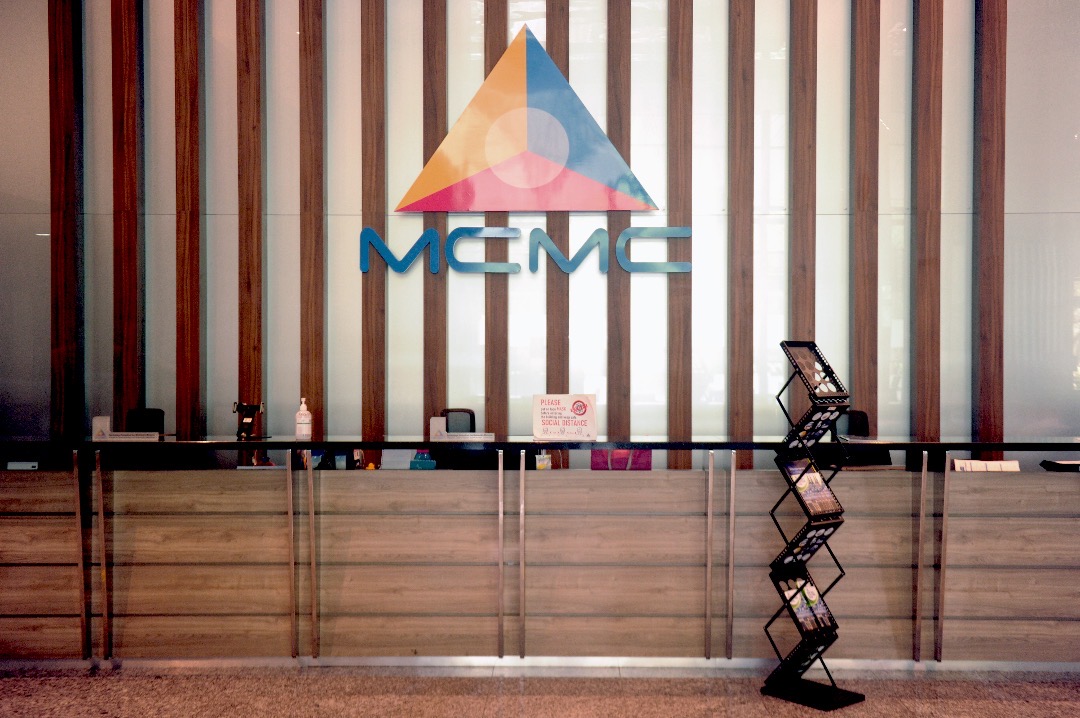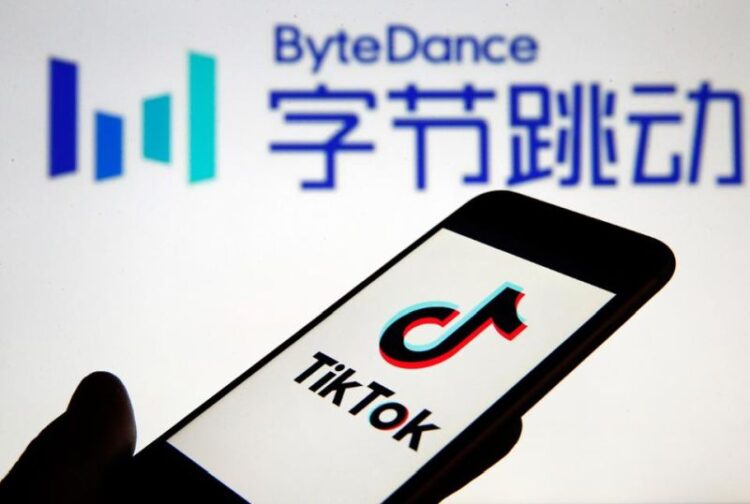The Malaysian Communications and Multimedia Commission (MCMC) has requested an official explanation from TikTok following reports that the platform was used to recruit individuals for international drug-smuggling operations. In a statement, it said the inquiry concerns TikTok’s internal mechanisms for monitoring and removing content or advertisements linked to criminal activity, including fake job postings that could deceive users.
MCMC reminded that any misuse of online platforms to recruit or mislead users into crimes through false content is a serious offence under Section 233 of the Communications and Multimedia Act 1998 (Act 588). It also stated that all license holders must comply with Section 263(1) of the Act by taking reasonable steps to prevent the use of their networks or services for unlawful purposes.

The agency said it continues to work closely with enforcement bodies, including the Malaysian Border Control Agency (AKPS) and the Royal Malaysian Customs Department, to strengthen surveillance and raise awareness about the dangers of social media misuse for cross-border crime. The commission urged the public to stay alert to easy job offers on social media, especially those involving the delivery of items or luggage overseas, and warned that criminal syndicates often use such schemes to trick victims into becoming drug couriers.
The statement came after AKPS reported the arrest of four Malaysians on 3 November for attempting to smuggle 86kg of cannabis worth nearly RM8.3 million to Manchester, United Kingdom, through Penang International Airport. According to AKPS director-general Datuk Seri Mohd Shuhaily Mohd Zain, two couples in their 20s from Johor admitted to receiving job offers through TikTok to transport goods overseas, with promised payments ranging from RM8,000 to RM11,000.

Meanwhile, in a related development, Comms Minister Datuk Fahmi Fadzil has urged Meta to provide a full explanation following a Reuters report. According to the publication, internal documents showed Meta projected it would generate about 10 % of its 2024 earnings from advertisements linked to scams and banned goods, including gambling-related content.
(Source: The Edge Malaysia)


